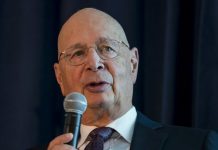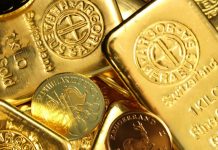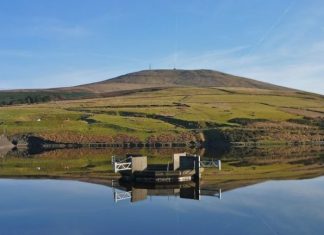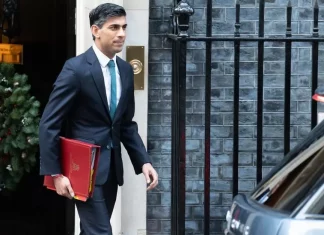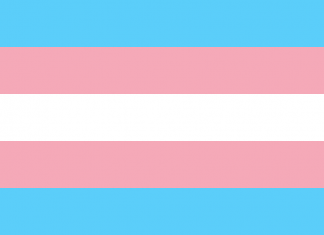Many years ago I sat through the most fascinating lectures on Soviet studies delivered by RMA Sandhurst professor Chris Donnelly. In those far off days as a subaltern, I used to peer through the wire on the inner German border and wonder what they thought as they peered back. By the end of my Soviet Studies course, I had a good idea.
I wish western politicians would study Russian history; understanding why other countries react in a certain way would be a big step towards the peace that most of us want. I made my case for a bottom-up review of NATO last year. I make no apology for re-emphasising the danger of treaty expansionism here. This time not the NATO treaty but the Treaty of Rome.
The Russians have always regarded their vast land mass as their primary defence mechanism, in much the same way as Great Britain regards the sea. In addition, they have historically preferred to add buffer States to their own borders. The Soviet experience, in what they call the Great Patriotic War, re-enforced this geopolitical strategy and viewed from a Russian perspective it is understandable. The same war conceived the European Union, it would be disingenuous to pretend there is any difference between the two conceptually, only the degree of electoral structure is different.
A look at an immediate post-war map of the Warsaw Pact and NATO countries shows the massive expansion of the latter compared to the former. When you study it try to imagine you are a Russian. Then look at the Ukraine, you cannot fail to notice the impact of a potentially hostile salient in the heart of the Russian Federation.
The Ukraine was part of the czarist Russian Empire and it came under Russian protection at their own request in the sixteenth century. They feared Poland all those years ago. So the relationship with Russia goes back much further than the birth of the Federal Republic of Germany or indeed Italy historically. No surprise, therefore, the electorate is split between Ukrainian and Russian speaking people. Their electoral representation unsurprisingly reflects this. No clear or permanent majorities, therefore, manifest themselves at election time. When they do they are short lived.
The Ukraine is, sadly, bankrupt and corrupt. The two usually go together. Like so many other countries in this condition, Venezuela and Argentina are prime examples, they have brought it on themselves. The natural wealth of the Ukraine is staggering. In 1912 it was the bread basket of the world, it produced more grain than North America. Today it is crippled by debt, in hock to America, the EU, and the Russian Federation. Creditors always expect a political payback and this actually keeps reform at bay.
Is there a solution?
There can be. Frederick Bastiat’s famous creed ‘when trade crosses borders armies don’t’ is a reliable beacon for peace. Free trade is the catalyst for world peace, yet that great trading nation, Holland is expected to take a hostile view of the proposed EU/Ukraine free trade agreement. Why? The answer is that many distrust the EU, the Dutch don’t believe it will stop at free trade, neither do the Russians. The genuine fear is it will lead to full EU membership and then naturally to NATO membership. Whichever way you look at it, it is both dangerous and irresponsible. Bankrupt and politically unstable means at best massive expense for the EU taxpayer, at worst a catalyst for war with Russia.


